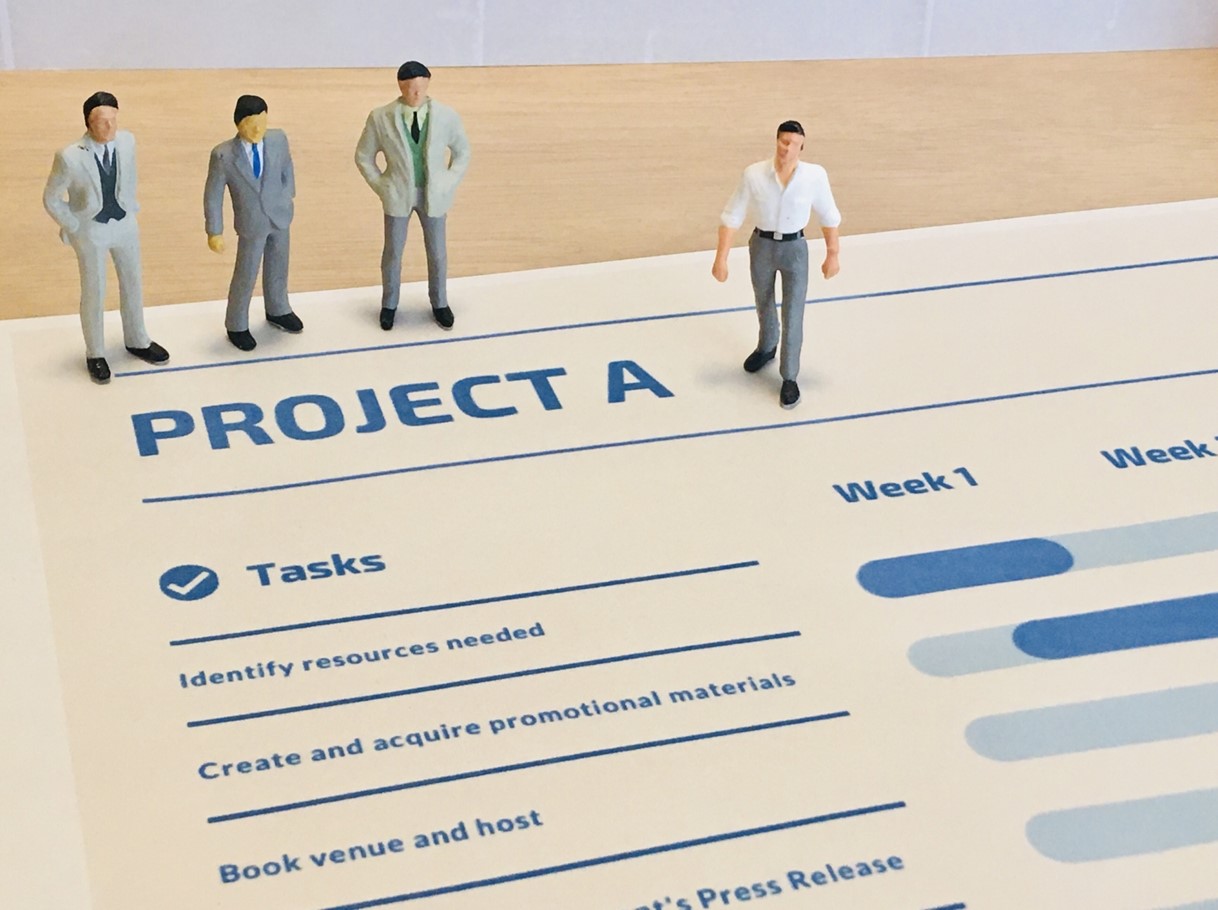An expert explains the 5 reasons why your career is at a standstill, and how you can break out of your stagnant situation.

Pursuing personal growth in your work can be very rewarding, but there are times when you find yourself at a standstill, feeling like every day is a replacement when you thought you had a successful career. Leadership and work environment expert Rachel Cooke explains the “5 Reasons” why your career is stuck and how to fix it.
5 Reasons Your Career Is Stuck and How to Get Rolling Again | Modern Mentor
https://www.quickanddirtytips.com/business-career/careers/getting-unstuck-career-stalled
◆1: It’s time to move “sideways” instead of up
Striving for a promotion at your first company is like climbing a ladder that extends upward. However, Rachel Cooke points out that a career is not necessarily “up or down,” but can also move “sideways or diagonally,” like a jungle gym or a snowflake.
Just as people change their clothing and equipment depending on the season, there are times in a career when it is important to “grow upward in the company,” she said, and other times when it is important to “look sideways and learn about new values. While moving laterally rather than upward may feel like stagnation in career advancement, it is not uncommon for looking sideways and expanding your knowledge to help you rise later in life.
Rachel Cooke, who also worked as an HR specialist when she was in the corporate world, said that she eventually realized that she needed to be not only a specialist but also a “generalist” with extensive knowledge in order to continue to advance in her career. As a result, Rachel Cooke gained experience as a generalist, and this experience was beneficial for her to become an independent consultant.
◆2: The need to rethink self-branding arose.
Simply solving many problems as a “hard-working, creative being” during your career can eventually lead you to a dead end. When branding yourself, it is not only your practical skills that are important, but also “how do the people around me see me?” Rachel Cooke points out. If you feel that people around you are not giving you enough credit or opportunities for growth, you may want to consider how they view you, she said.
The following three strategies are helpful when reviewing your self-branding
Become a recognized expert: Examine how people view you and strive to be seen as someone who can be counted on in important situations, rather than “just a good worker.
Reclaim your creativity: Try to experiment with some interesting ideas instead of playing it safe for a great job.
Be more proactive: Don’t just wait for someone to find you; be proactive and make your presence known.
◆3: Networking has stopped working.
Although you focused on building connections inside and around the company when you first started your job, you may neglect to maintain your relationships as you continue your work, and eventually your connections stop functioning. This can lead to career stalemate if you lose touch with colleagues with whom you kept in touch when you first joined the company and start relying on personal play.
Rachel Cooke asserts that “it is absolutely critical to have advocates and supporters in the workplace, like ‘the senior person who mentions your name when discussing a big opportunity,'” and that you should ask yourself when was the last time you reached out to people in the company. If you are aware that you are estranged from people, he recommended actions such as creating opportunities for personal dialogue.
◆4: The time has come to gain new qualifications and skills.
While many people may have worked hard to obtain many qualifications and skills to get through the hiring process when they were job hunting, many people neglect to acquire new skills as they continue to work after getting a job. If you feel stuck in your career progression, Rachel Cooke Cook pointed out that in some cases you may have hit “the limit of the qualifications and skills you have at hand” and may want to consider acquiring new qualifications.
◆5: It’s time to move on to the next place
While a long-time employee of the same company will become familiar with the company’s internal practices and be able to execute tasks smoothly, a company that doesn’t like stagnation may seek “new talent” with a fresh perspective. However, a company that does not like stagnation may be looking for “new talent” with fresh perspectives. Just because your current company is looking for new talent, there is no need to feel down that you have been cut off as useless.
Even if you are viewed as boring by your current company, you are a “new talent from a different culture” in the eyes of another company. Rachel Cooke argued that you can break through career stagnation by taking into account what you have learned, experienced, and accomplished in your previous organizations and seeking a place in a new organization that needs you.







